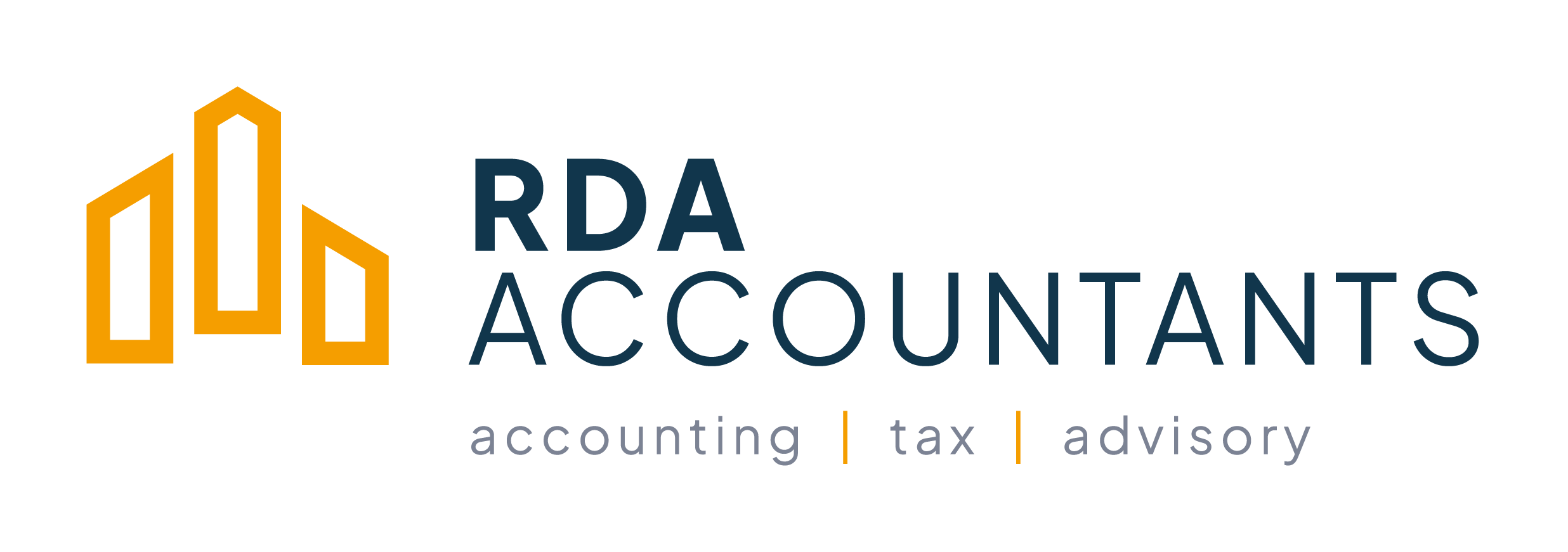5 Signs Your Business Needs a CFO (But Not Full-Time)
When you think about a Chief Financial Officer (CFO), you probably picture a large corporation with multiple departments and budgets in the millions. But the truth is, even small and mid-sized businesses can benefit from high-level financial leadership—often without the hefty salary of a full-time CFO. Below, we explore the common warning signs that indicate you need more than just basic bookkeeping and accounting.
1. Rapid Growth, Limited Oversight
If your revenue has been climbing quickly but you still rely on guesswork to manage cash flow, it may be time to bring in a CFO. Growth is exciting, but it also puts strain on existing processes. A CFO—especially a fractional one—can create structured financial forecasts and ensure every pound or euro is allocated strategically. That way, you’re not just growing; you’re scaling in a healthy, sustainable way.
Key Question:
- Do we have a reliable plan for handling the influx of new customers, staff, and expenses?
2. Inconsistent or Unreliable Financial Forecasting
Many businesses rely on their accountants for compliance and tax reporting. That’s great for historical data, but not enough if you want to make informed decisions about what’s next. A CFO provides forward-looking insights—building models that predict cash shortages, spot areas of untapped profitability, and plan for major expenses.
If you find yourself uncertain about whether you can afford to hire new staff next quarter or invest in new equipment, a CFO can help you see the financial future before it arrives.
Key Question:
- Do you have any system in place to predict expenses and revenue trends for the next 6–12 months?
3. Lack of Strategic Guidance
Maybe your financial statements are handled just fine by your accountant or bookkeeper. But when it comes to making high-stakes decisions—like pursuing an acquisition, launching a new product line, or raising capital—you’re missing an expert’s perspective.
A CFO’s role involves strategy: analysing data to advise whether you should pivot, expand, or hold steady. If you’re going it alone, you might be missing out on opportunities (or taking risks you shouldn’t be taking).
Key Question:
- Who’s guiding our big-picture financial decisions—and are they experienced enough to do it effectively?
4. Capital or Fundraising Challenges
Whether you’re in the UK, Ireland, or beyond, securing loans or investor funding can be an uphill battle without solid financial leadership. Banks and investors want to see robust forecasts, up-to-date financials, and a clear path to profitability. A CFO knows what these stakeholders are looking for and can assemble the necessary documentation to secure the funding you need—without forcing you to guess your way through the pitch process.
Key Question:
- Are we fully prepared to answer an investor’s tough questions about growth strategy, profitability, and exit plans?
5. Unclear Profit Margins and Cash Flow
Generating revenue is one thing; ensuring a strong profit margin is another. If you’re consistently unsure why your profit margin fluctuates—or you constantly play catch-up with bills—then you need someone who can dive deeper. A CFO examines cost structures, pricing strategies, and operational inefficiencies to help stabilise your finances. And they’ll do it proactively, not just after an issue arises.
Key Question:
- Do we truly know which products or services bring the highest returns—and which are draining our resources?
Why a Fractional CFO Makes Sense
Not ready (or able) to pay a full-time salary? A fractional CFO steps in for a set number of hours or projects. You get expert-level insights, without the six-figure commitment of a permanent hire. This approach is especially beneficial if your business is under a certain revenue threshold, or if you only need high-level strategic advice for specific periods—like preparing for funding or mapping out a major expansion.
Conclusion
If any of these signs resonate with you, it may be time to consider bringing on a fractional CFO. After all, having a dedicated financial strategist—who can guide your growth, safeguard profitability, and shore up your cash flow—doesn’t have to break the bank. The key is recognising the warning signs early and acting before financial missteps become costly crises.
Contact a member of our team today to find out more about our Fractional CFO Offering.




